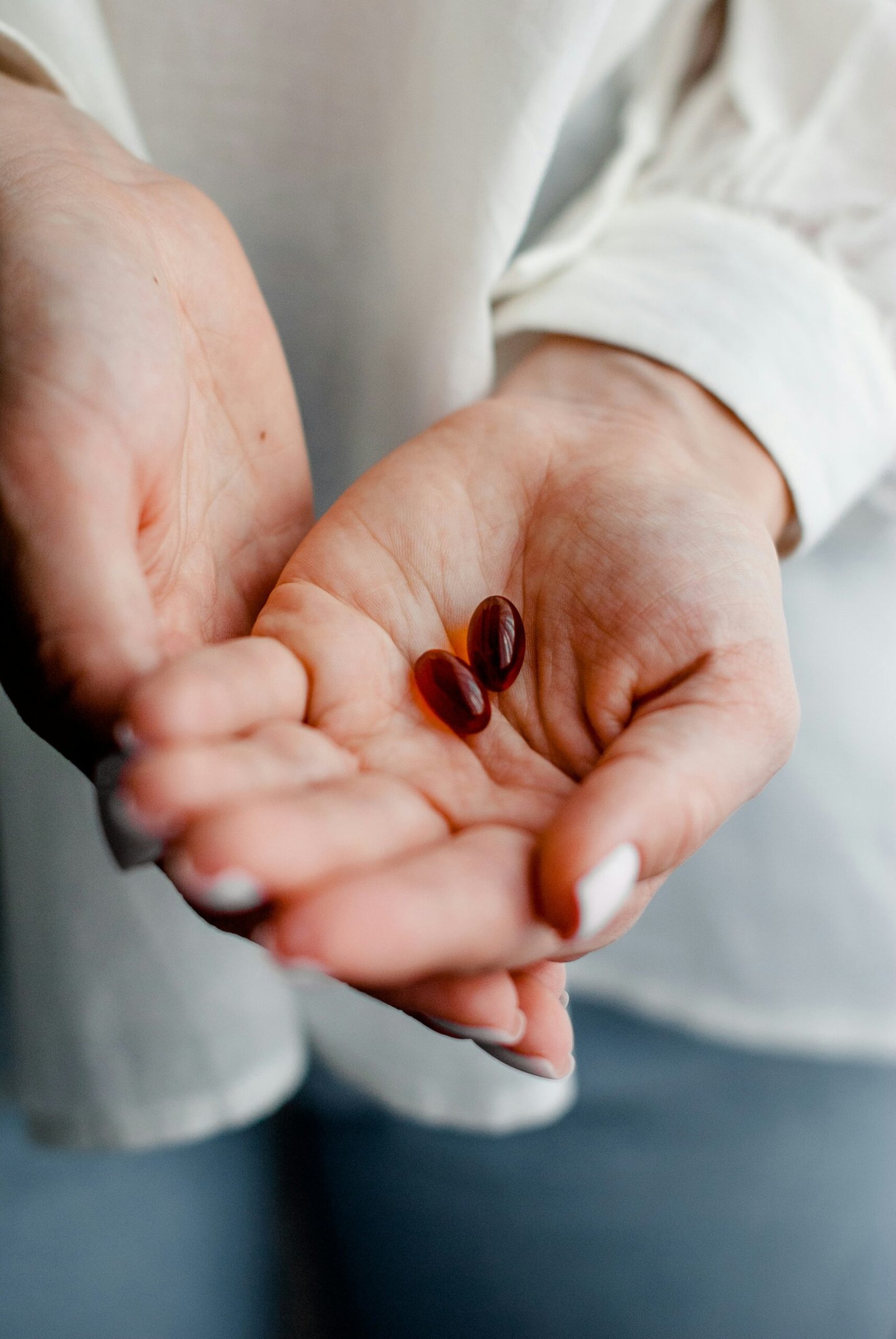Prescription opioids, such as OxyContin and Percocet, are powerful pain relievers that have been widely prescribed for the management of acute and chronic pain. While these medications offer significant benefits in terms of pain relief, it is important to understand their potential impact on various aspects of our health, including sexual well-being. In this article, we will explore the effects of prescription opioids on sexual life, highlighting both the positive and negative aspects.
The Positive Effects
When used as prescribed and under the guidance of a healthcare professional, prescription opioids can provide relief from pain and improve overall quality of life. By alleviating physical discomfort, these medications can indirectly contribute to a better sexual experience for some individuals. Pain reduction can enhance mobility, reduce anxiety, and improve mood, all of which can positively influence sexual desire and performance.
Moreover, for individuals who experience chronic pain, the use of prescription opioids may offer a respite from their discomfort, allowing them to engage in sexual activities that were previously hindered by pain. This relief can lead to an improved sense of intimacy and connection within relationships.
The Negative Effects
While prescription opioids can have positive effects on sexual life, it is crucial to recognize and address the potential negative impacts as well.
1. Decreased Sexual Desire:
One of the most commonly reported side effects of prescription opioids is a decrease in sexual desire, also known as libido. Opioids can dampen the brain’s reward system, leading to a decrease in overall interest in sexual activities. This can be particularly challenging for individuals who rely on opioids for pain management, as it may impact their sexual relationships and overall satisfaction.
2. Erectile Dysfunction and Sexual Dysfunction:
Prescription opioids can also contribute to sexual dysfunction, including erectile dysfunction in men and difficulties with arousal and orgasm in both men and women. Opioids can affect the central nervous system, leading to a decrease in blood flow to the genital area and impairing sexual function. These effects can be distressing for individuals and may require intervention from healthcare professionals to address the issue.
3. Hormonal Imbalances:
Long-term use of prescription opioids can disrupt the body’s hormonal balance, including the production of testosterone. Testosterone plays a crucial role in sexual desire and function in both men and women. Therefore, hormonal imbalances caused by opioids can further contribute to sexual difficulties and impact overall sexual satisfaction.
4. Relationship Challenges:
The negative effects of prescription opioids on sexual life can extend beyond the individual. The decrease in sexual desire and sexual dysfunction can strain intimate relationships, leading to feelings of frustration, resentment, and decreased emotional connection. Open communication and support from healthcare professionals and partners are essential in navigating these challenges.
Seeking Support and Solutions
If you are experiencing negative effects on your sexual life due to prescription opioids, it is important to seek support and explore potential solutions. Here are a few steps you can take:
1. Communication with Healthcare Professionals:
Discuss your concerns openly with your healthcare provider. They can help assess the impact of prescription opioids on your sexual health and explore alternative pain management options that may have fewer negative effects on your sexual life.
2. Consideration of Alternative Pain Management Strategies:
Explore non-opioid pain management strategies, such as physical therapy, acupuncture, or cognitive-behavioral therapy. These approaches can help alleviate pain while minimizing the negative impact on sexual function.
3. Relationship Counseling:
If the strain on your relationship becomes significant, consider seeking relationship counseling or therapy. A trained professional can help facilitate open communication and provide strategies for maintaining intimacy and connection despite the challenges posed by prescription opioids.
4. Support Groups:
Joining a support group or seeking out online communities of individuals facing similar challenges can provide a sense of understanding, validation, and support. Sharing experiences and coping strategies with others can be empowering and help you navigate the complexities of prescription opioids and their impact on sexual life.
In conclusion, while prescription opioids can provide pain relief and improve overall quality of life, they can also have both positive and negative effects on sexual health. It is important to be aware of these potential impacts and seek support when needed. Open communication with healthcare professionals, exploring alternative pain management strategies, and seeking relationship counseling can help mitigate the negative effects and maintain a fulfilling sexual life.

